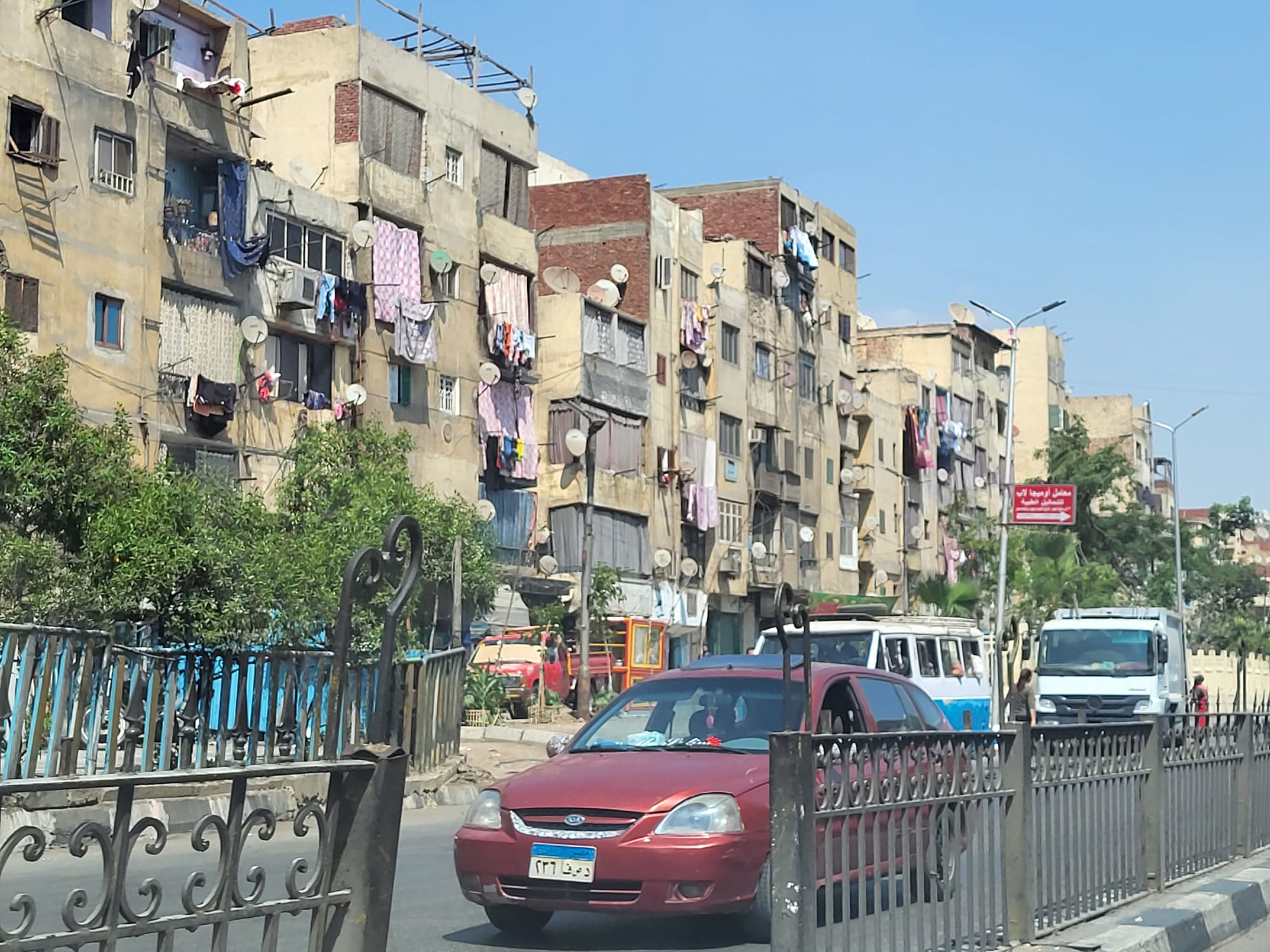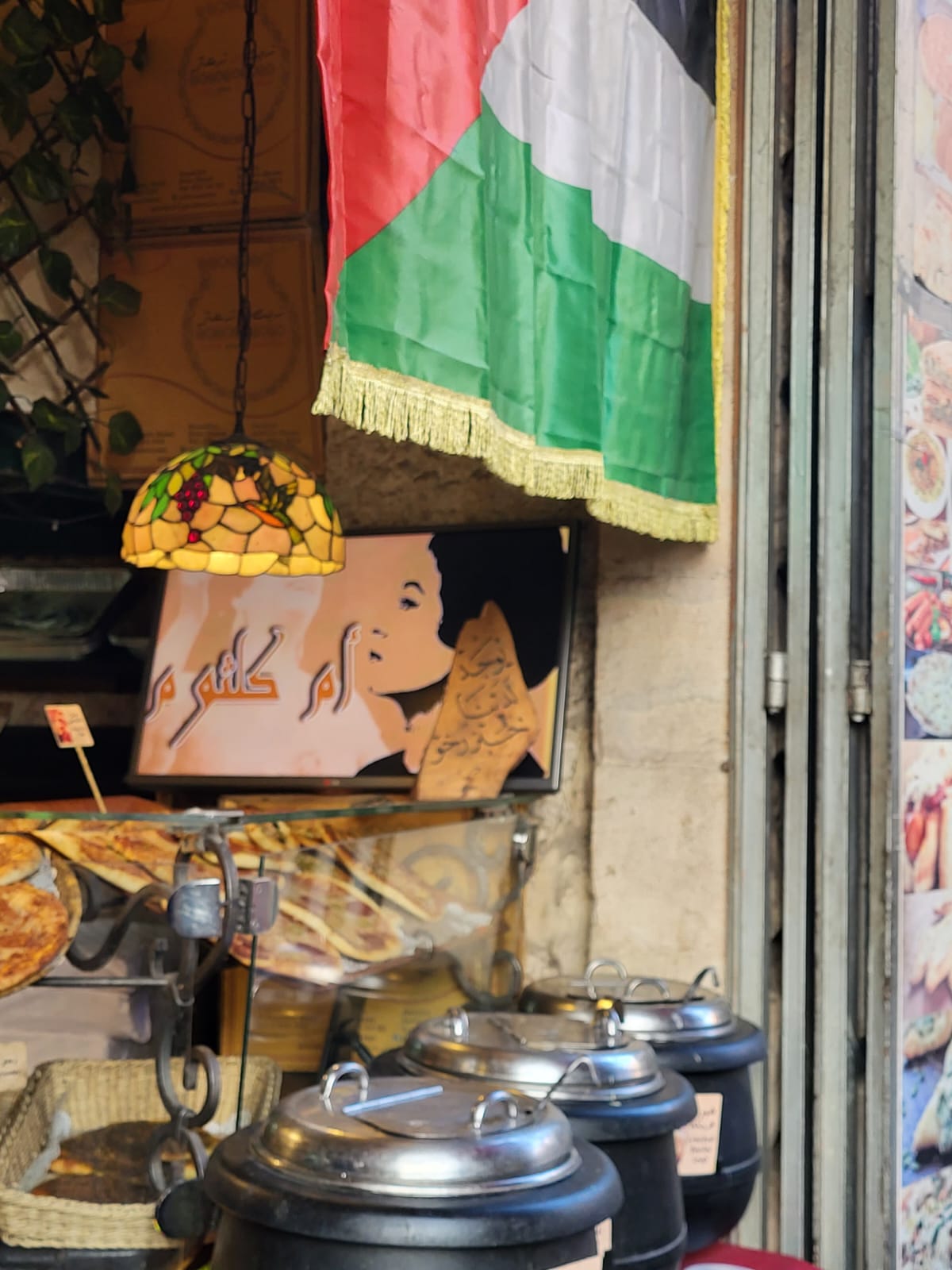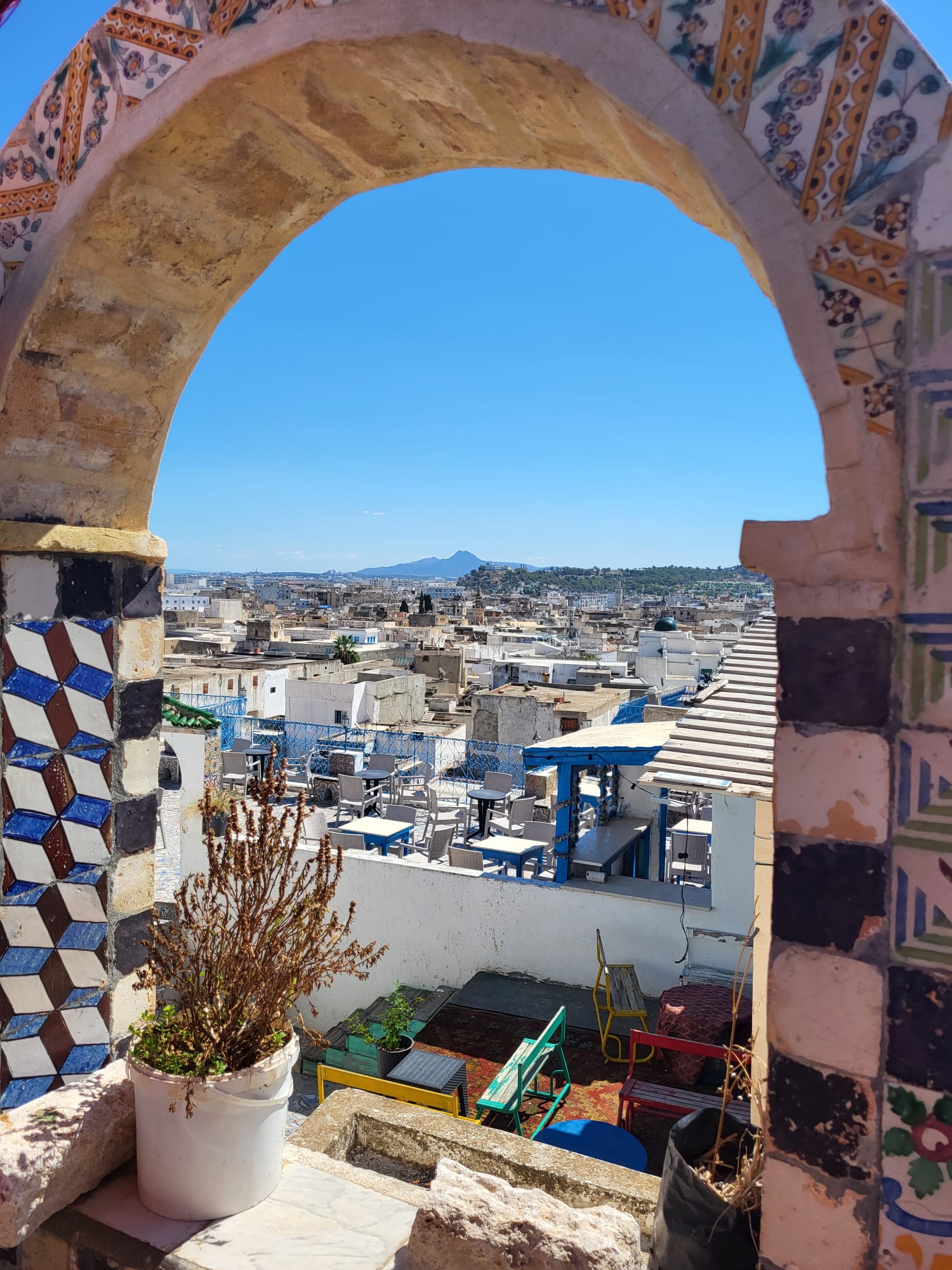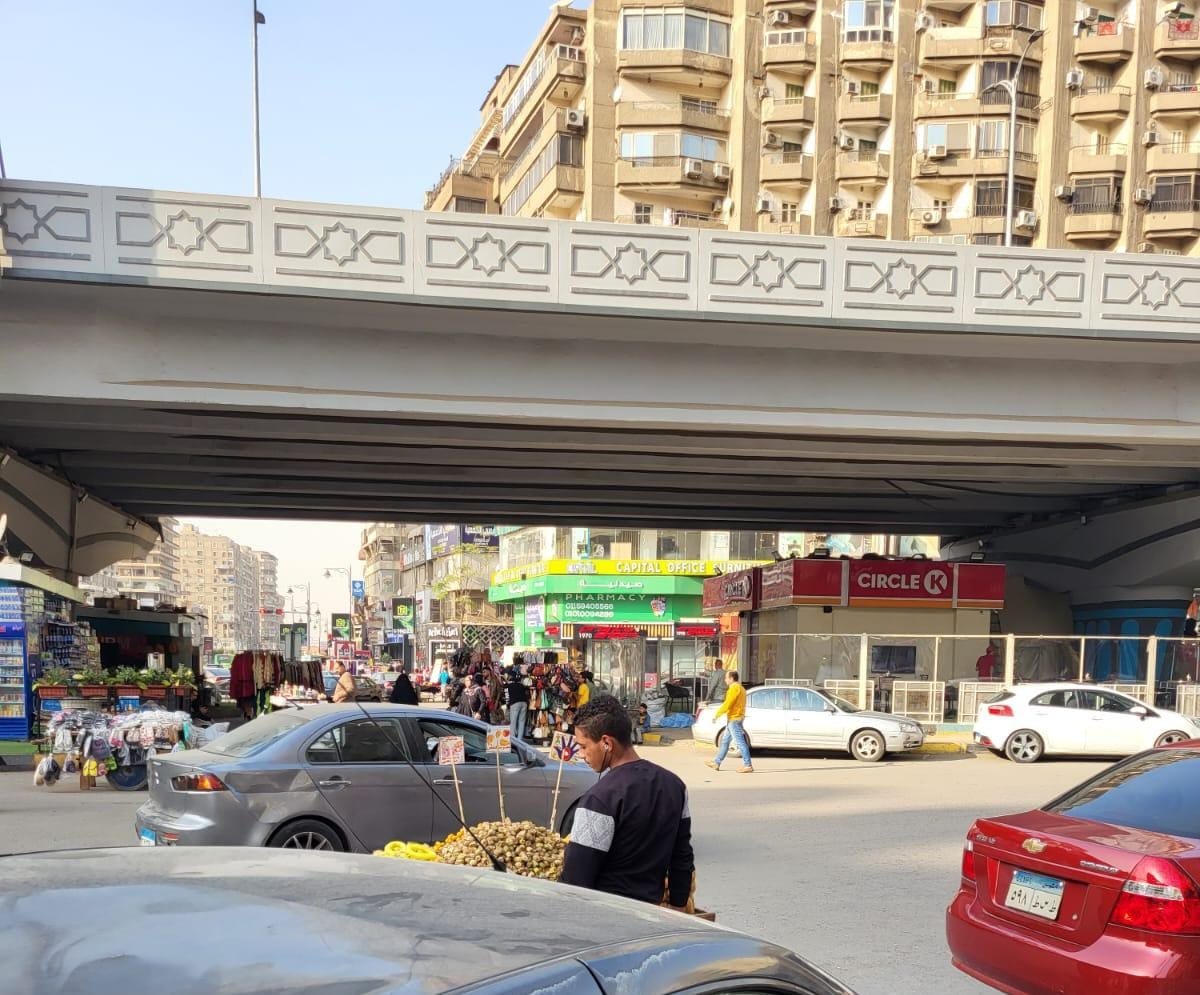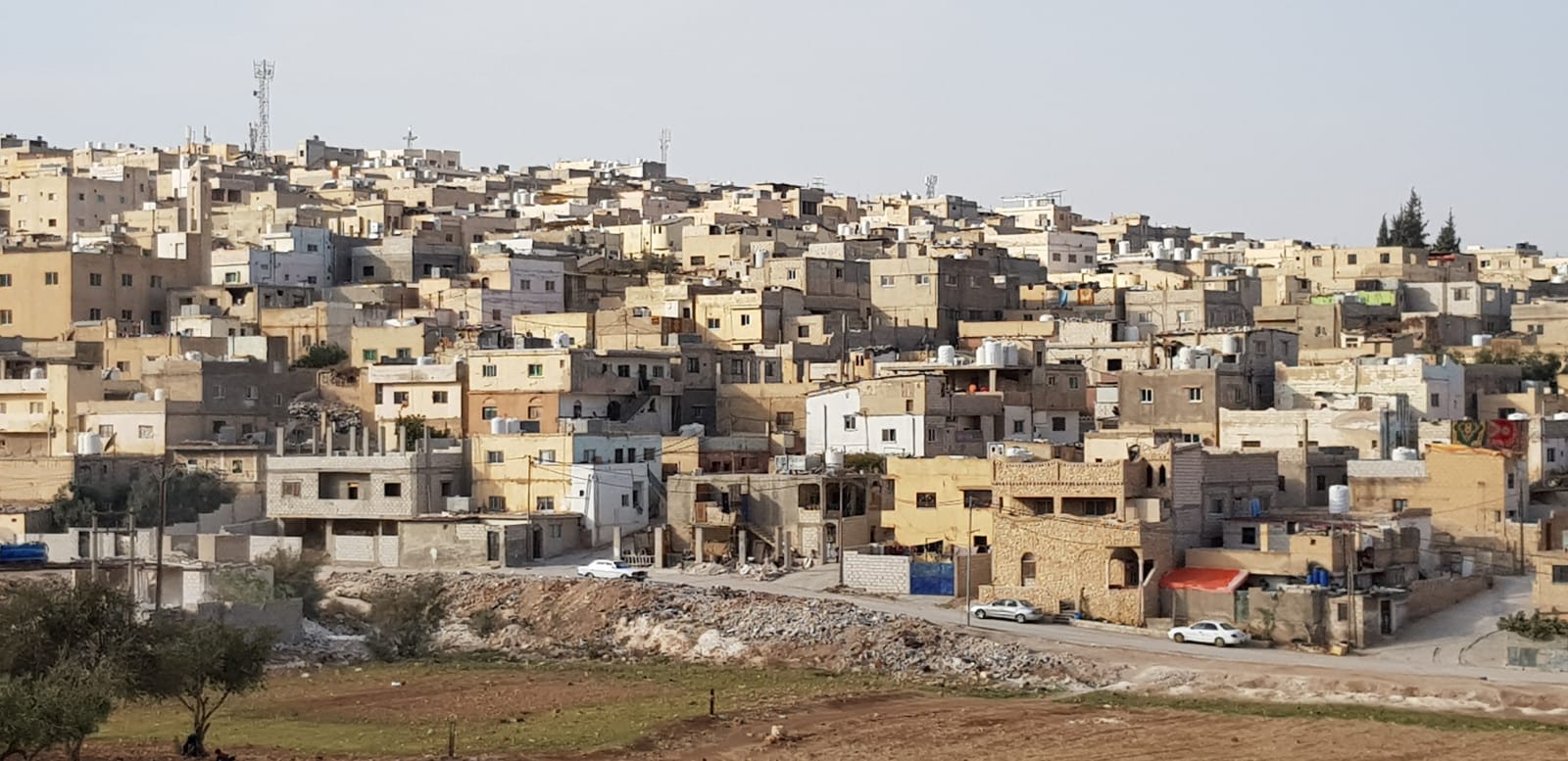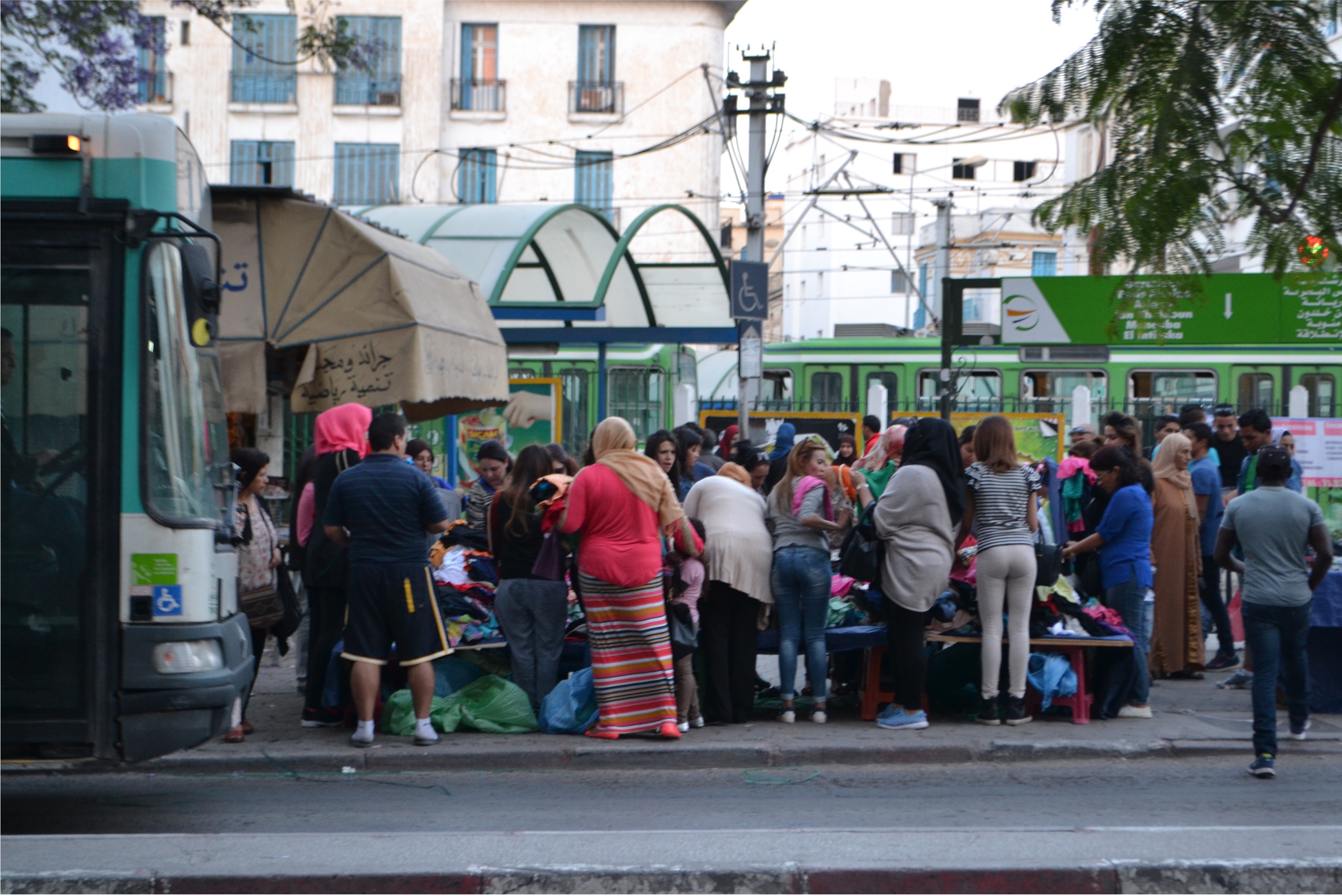DAAD, 2023 - 2025
Dr. Hassan Elmouelhi, Prof. Anke Hagemann
PR-GPS!
Power Relations in Urban Governance: Participation in Public Space of the Arab Cities
Decentralization in urban governance has proven to be one important factor for enhancing the quality of urban life. Local authorities in many MENA countries suffer from a lack of finances and resources, as well as from having less control over decision-making, which often occurs at the national level through a centralized structure. The human resource capacity is typically limited and lacks adequate skills for local urban government. To achieve the SDGs, particularly SDGs 5 and 11, and to ensure the application of NUA principles, especially Leave No One Behind, participation must be embedded as a core mechanism. However, owing to centralized governance (top-down) decision making, which holds that local actors are not capable of making the right decisions, which may be valid, participation of local stakeholders is typically not considered in a suitable efficient way. The power of the central government is not always controlling the local urban governance level, which leads to the lack of coordination, and the increase of informality. Culture is the set of values and norms that controls behavior and defines what is accepted and what is not within a certain group of people in a society. The notion of participation in urban governance, in management, and in planning processes is something that needs to be changed.
Public space, in its different types and functions (e.g., public parks or gardens, kids’ areas, street markets, etc.…), is one of the most important areas for urban governance and has a great role in shaping the urban forms and functions of a city. Further, it plays an important role, socially, economically, environmentally as well as politically, which is eventually a possible reason for conflict creation amongst actors. This project will compare cases from different partner countries along the Arab region and analyze the participation factors and levels that could enhance local urban governance. It will investigate the relations of power, politics, and representations of citizenship, mapping stakeholders' participation; through exchange between different partner countries; Germany, Tunisia, Sudan, Iraq, Jordan, Egypt, and Lebanon, in addition to more Arab countries that would join the network, represented by academic and non-academic actors. This cooperation is built on the Habitat Unit’s previous long successful cooperation experience with the partner countries (Tunisia, Jordan, and Egypt). Based on prior DAAD cooperation projects, Tunisia showed commitment to democracy and empowerment of local urban actors through integrated planning. Egypt and Jordan achieved some steps towards local governance, but they suffer from the lack of trust between the local communities, and the government. While Sudan suffers from too much decentralization that leads to different visions on different planning levels, fragmentation of power, acquisition/squatting of public space. Iraq has different features because of its post-war reconstruction, informal settlements, and refugees' situation. In Lebanon, centralization sets local administrations' priorities and available funding. The state is still merely involved in urban planning, regardless of the numerous national actors involved.
The three main outcomes of the project are: (i) Networking between higher education institutions and non-university partners. TU Berlin is working closely with the governments, civil society groups and the regional level of partnering countries. (ii) Opening the channels of discussion and exchanging experience through comprehending innovative and/or reformative knowledge involving non-university partners, on participation and exchanging platforms. (iii) Raising awareness regarding managing the cooperation and the partnership between the university and other nonacademic actors in each of the partner countries, showing the participation as a tool for achieving common goals in shaping the city.
In order to achieve these outcomes, this project will include two main activities every year. In the first, there will be 2 workshops, the first is to be in Berlin, to share the German experience in the local urban governance and participation through the urban development department in the district, the private sector, and the civil society. The second workshop will occur in Tunisia to investigate the promising local urban government system in the Soukra district of Tunis. The workshop will include participatory sessions involving the local community, civil society, and government. There will be two workshops in Sudan and Jordan in the second year. Since it is our first time to work in Sudan, a fact-finding mission is important beforehand to meet the local stakeholders and prepare for the fieldwork. The two workshops will discuss two case studies for public spaces with conflicts in Sudan and Jordan, chosen by the local partners based on certain criteria. The third year will include a workshop in Iraq that will conduct a case study about the local urban governance in an informal area in Duhok. All workshops will include participatory sessions with the local community, civil society, and local government. In order to present the findings of the various case studies from the partner countries and all the project results, as well as comparisons of the local communities, the students, and the local governments, the project will conclude with a closing symposium and exhibition in Egypt. All of this will contribute to the development of guidelines for local urban governance that will shape the public space in the Arab cities. There might be an urgent need for implementing a simple intervention for a participation process that would be decided in the preparation phase of each workshop.
The project is linked to a seminar offered by Habitat unit for the SoSE 2023: “Contemporary Arab Urbanism” offered mainly for the urban design master students.
Dr. Hassan Elmouelhi
elmouelhi@tu-berlin.de
Habitat Unit, Room A 622
T + 49 – 30 – 314 – 21830
F + 49 – 30 – 314 – 21907
Institute for Architecture, TU Berlin
Strasse des 17. Juni 152
10623 Berlin
DAAD
![]()
Urbanism department, ISTEUB-Carthage University, Tunisia
Urban planning and design department, Khartoum University, Sudan
College of spatial planning, Duhok University, Kurdistan, Iraq
Architecture and built environment department, German Jordanian University, Jordan
Development studies department, Philadelphia University, Jordan
Sudanese Urban and regional planning association, Sudan
10TOOBA, Egypt
Masarat development Jordan, Jordan
Bin yedina, Tunisia
Urban planners association, Tunisia
Knock Beirut's doors, Lebanon
Liquid Democracy, Berlin
Euro-med youth federation, Berlin
Urban development fund, Egypt (U.D.F)
Municipality of Duhok, Kurdistan, Iraq
Municipality of Soukra, Tunis, Tunisia
Berlin Mitte district, urban development department, Berlin
Berlin ministry for urban development, department of citizens' participation
Carsten Zehner consultant, Berlin
TSPA, Berlin
AEDES Metropolitan Laboratory, Berlin
BENN-Berlin develops new neighborhoud, Marzahn south, Berlin
Kick-off meeting (online), June 2023
Official launching in Berlin (Training + workshop) June 2023
Workshop in Tunisia September 2023
2024: one workshop in Sudan, and one workshop in Jordan.
2025: one workshop in Iraq, and a closing event - symposium and exhibition in Egypt.
